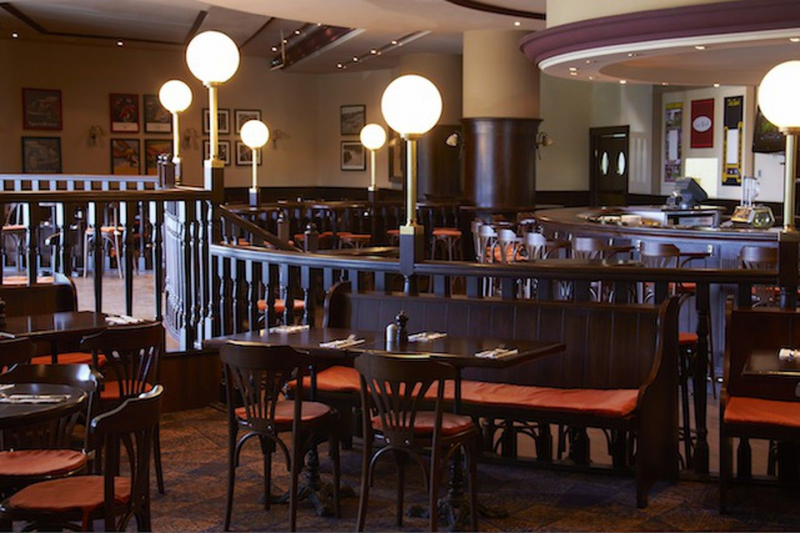Sudan
WELCOME TO Sudan
Country Overview
Khartoum
1,886,068 km2
44 million
Arabic

Popular
Geography and Tourist Attractions
Information about the country's tourist attractions, including popular destinations, events, and activities.
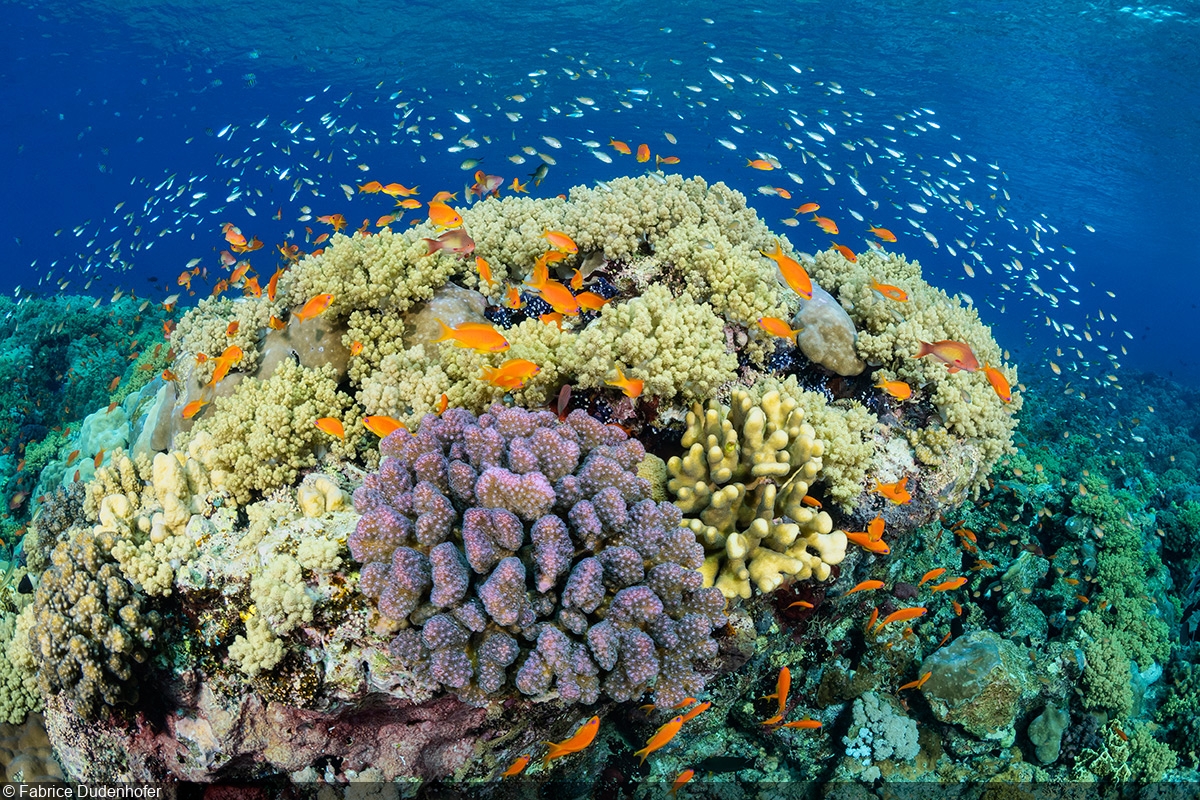
Red Sea Coast
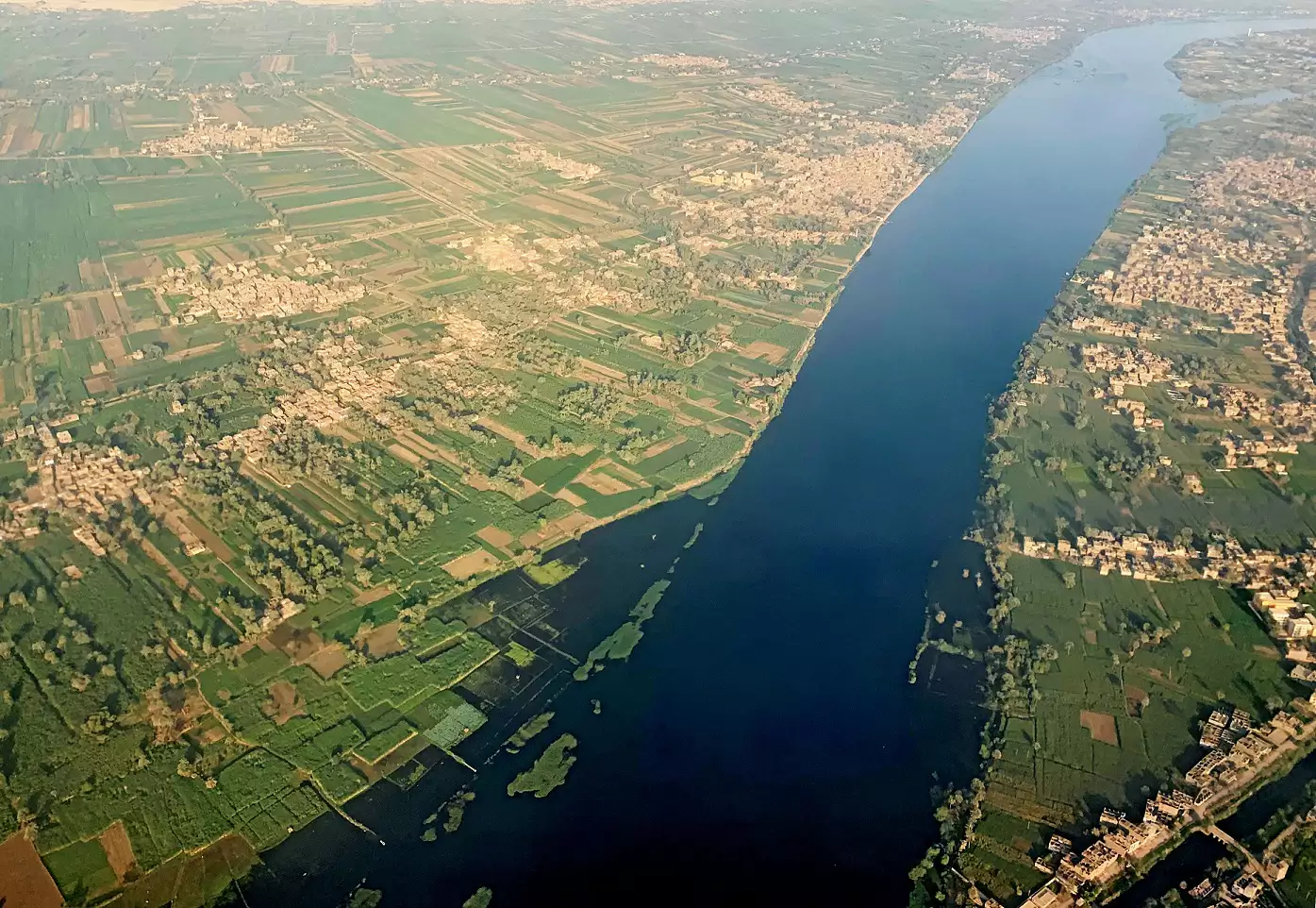
Nile Valley
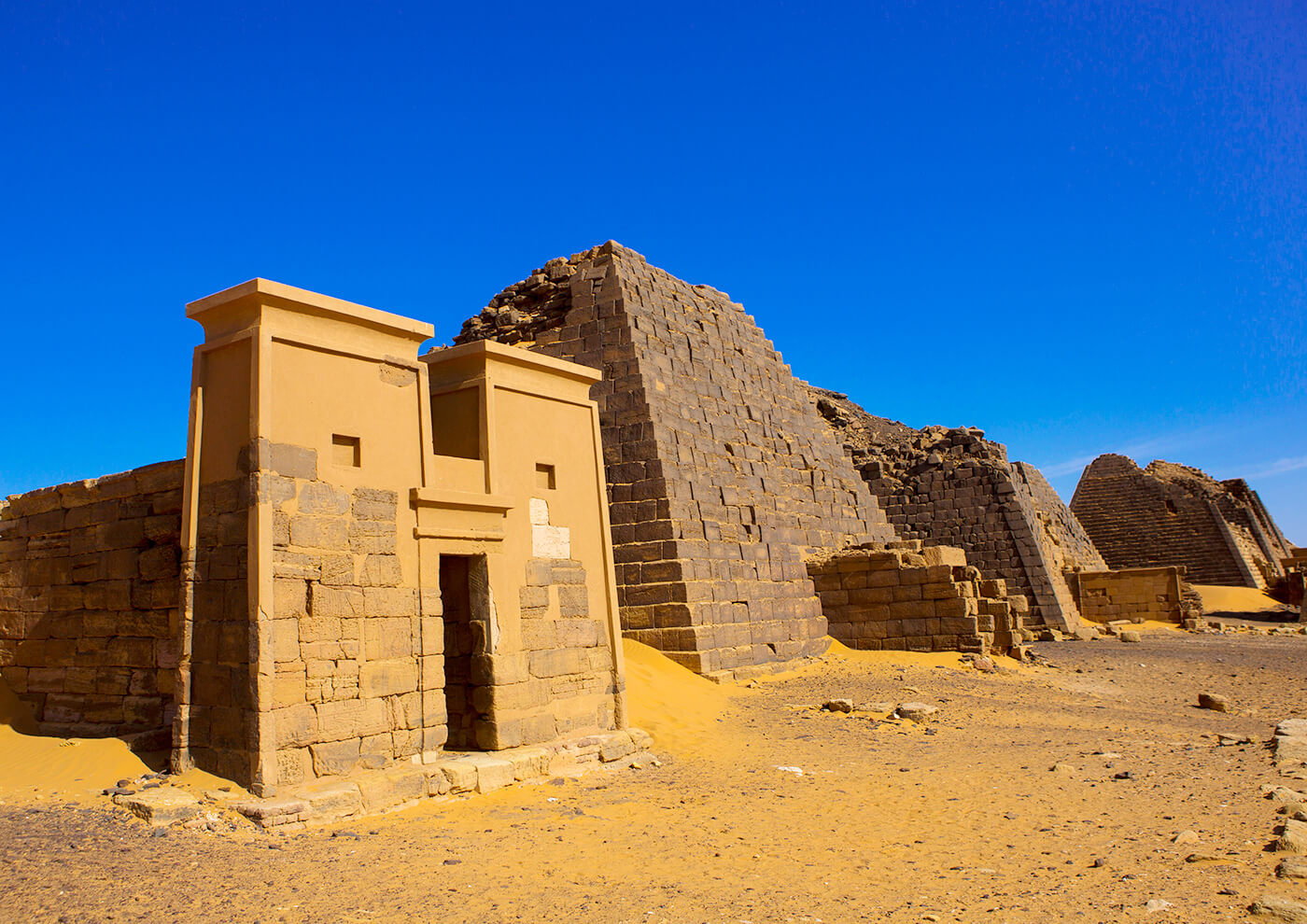
Nubian Desert and Archaeological Sites
Political
Economy and Government
Sudan's economy is diverse, with agriculture, oil production, and services playing significant roles. Agriculture contributes to the majority of employment and exports, with crops like cotton, sorghum, and sesame being major contributors. Oil production, mainly located in the south, is a vital source of revenue for the government.
Sudan's government operates under a federal presidential republic system. The President is the head of state and appoints a Prime Minister and Council of Ministers to assist in governing the country. The legislative branch consists of the National Legislature, which is divided into two houses: the Council of States and the National Assembly.
In recent years, Sudan has undergone significant political changes. The country witnessed a historic revolution in 2019 that led to the overthrow of President Omar al-Bashir's regime. Since then, Sudan has been transitioning towards a more democratic system, with a civilian-military power-sharing agreement.
Sudan faces economic challenges such as inflation, fiscal deficits, and unemployment. The government is working towards implementing economic reforms, attracting foreign investments, and diversifying the economy. International support and debt relief initiatives have been instrumental in helping Sudan stabilize its economy and improve its business climate.
Sudan's long-term economic success relies on fostering sustainable development, promoting inclusivity, and leveraging its abundant natural resources to drive economic growth and improve the livelihoods of its population.
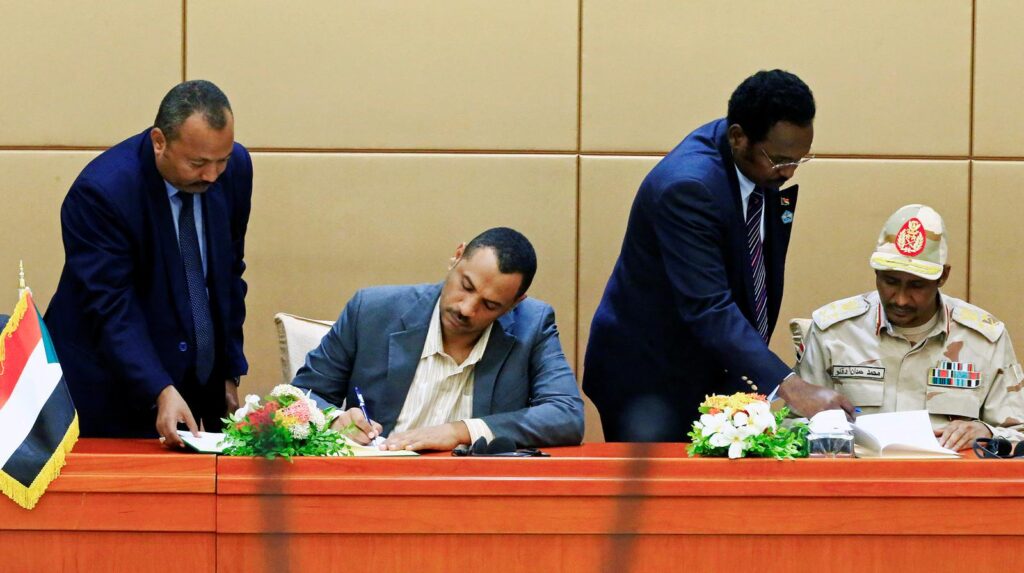
History
History and Culture
Sudan, located in northeastern Africa, boasts a rich tapestry of history and culture that spans millennia. Its historical significance lies in its position as a crossroads for various ancient civilizations and trade routes. The ancient Nubians, known for their pyramids, left a lasting legacy in Sudan. The region also witnessed the rise and fall of the Kushite and Meroitic kingdoms.
Sudan's culture is a vibrant amalgamation of Arab, African, and Islamic influences. Traditional music, such as the haunting melodies of the tambour and the resonant tones of the oud, permeates the air during festive occasions. Sudanese cuisine tantalizes taste buds with flavorsome dishes like ful medames and kisra, while vibrant textiles and intricate craftsmanship showcase the country's rich artistic heritage.
However, Sudan's recent history has been marked by conflicts and political challenges. The country gained independence from Britain in 1956 but has since experienced various civil wars and a division that led to the creation of South Sudan in 2011. Despite these challenges, Sudanese people continue to demonstrate resilience, embracing their diverse cultural heritage and striving for social and political progress.
As Sudan moves forward, it seeks to preserve its historical sites, celebrate its cultural diversity, and forge a new path that reconciles its past with aspirations for a brighter future.
HOTELS
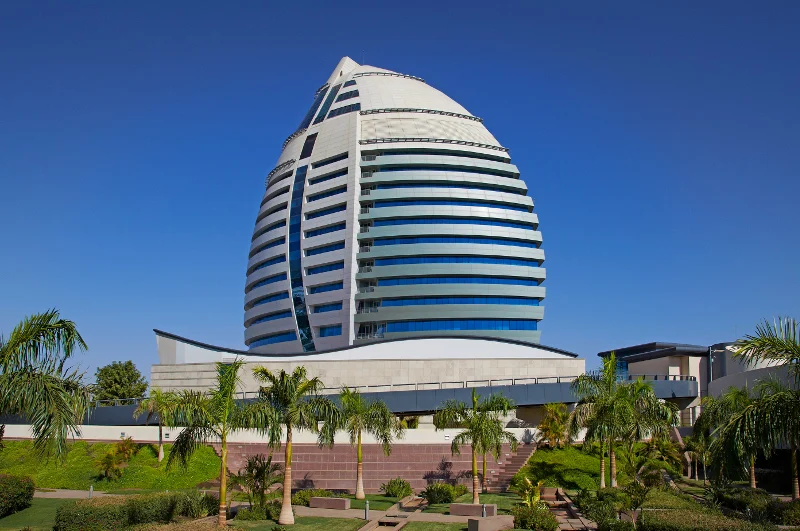
Corinthia Hotel Khartoum
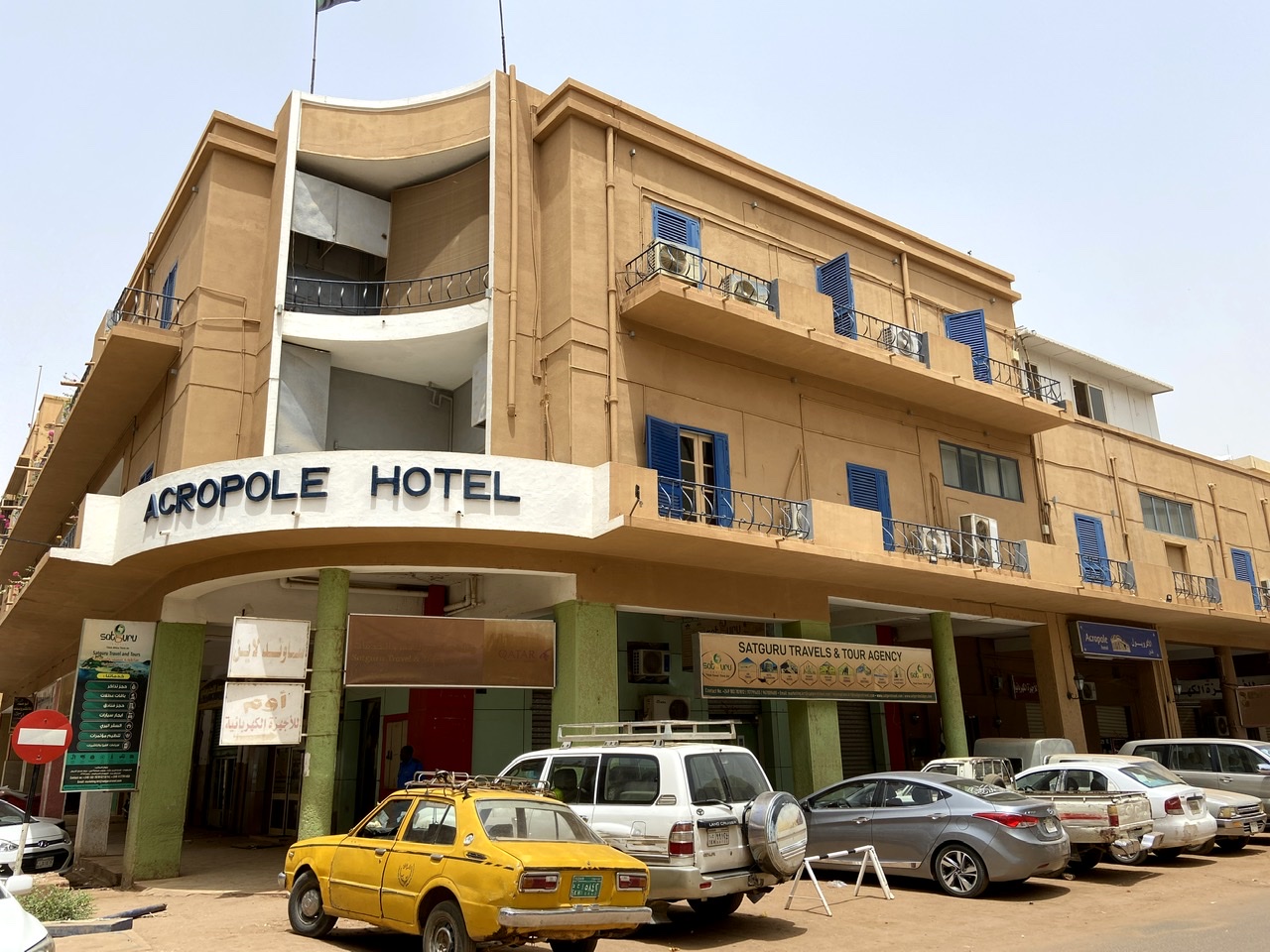
Acropole Hotel
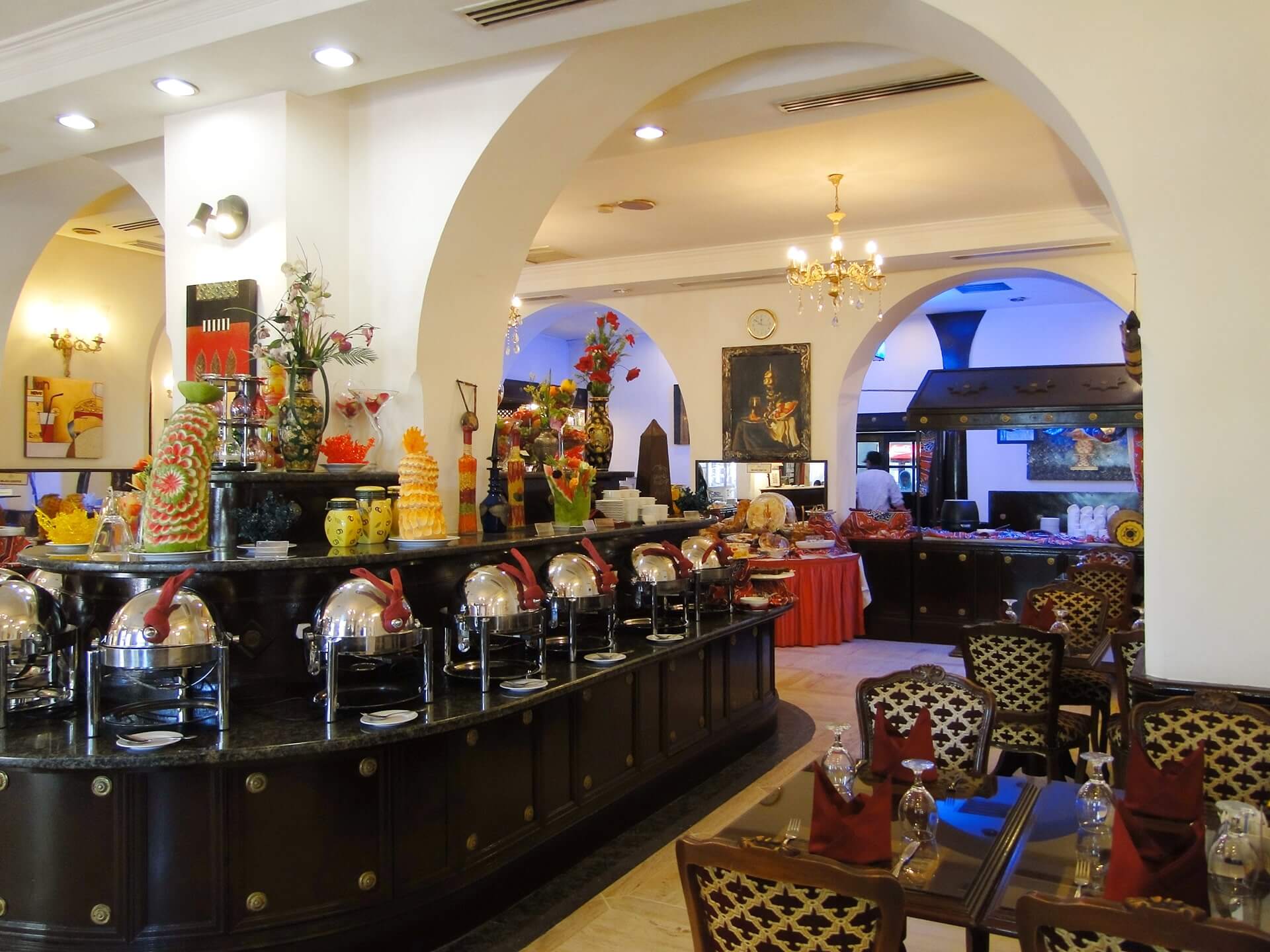
Grand Holiday Villa Hotel & Suites Khartoum
RESTAURANTS
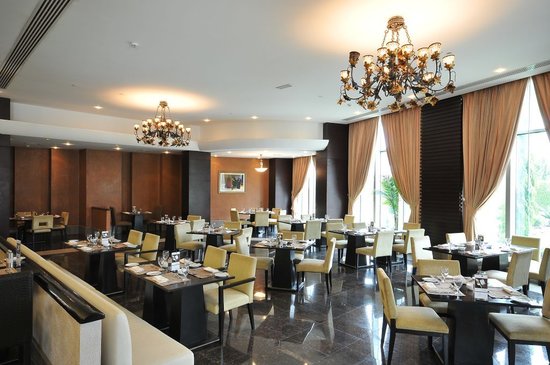
Khartoum Rotana Restaurants
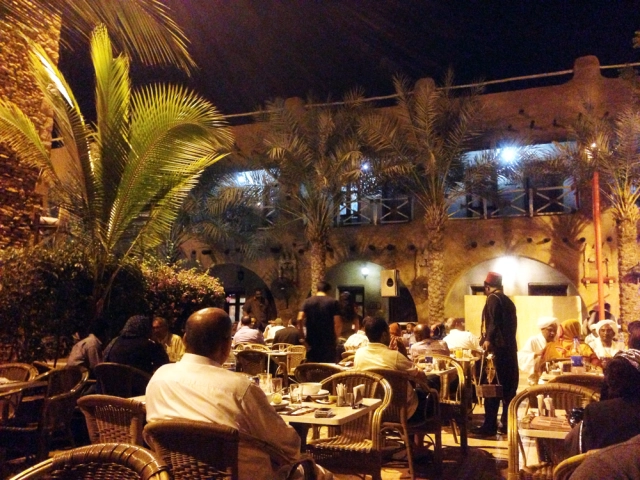
Assaha Al Bidaa Restaurant
